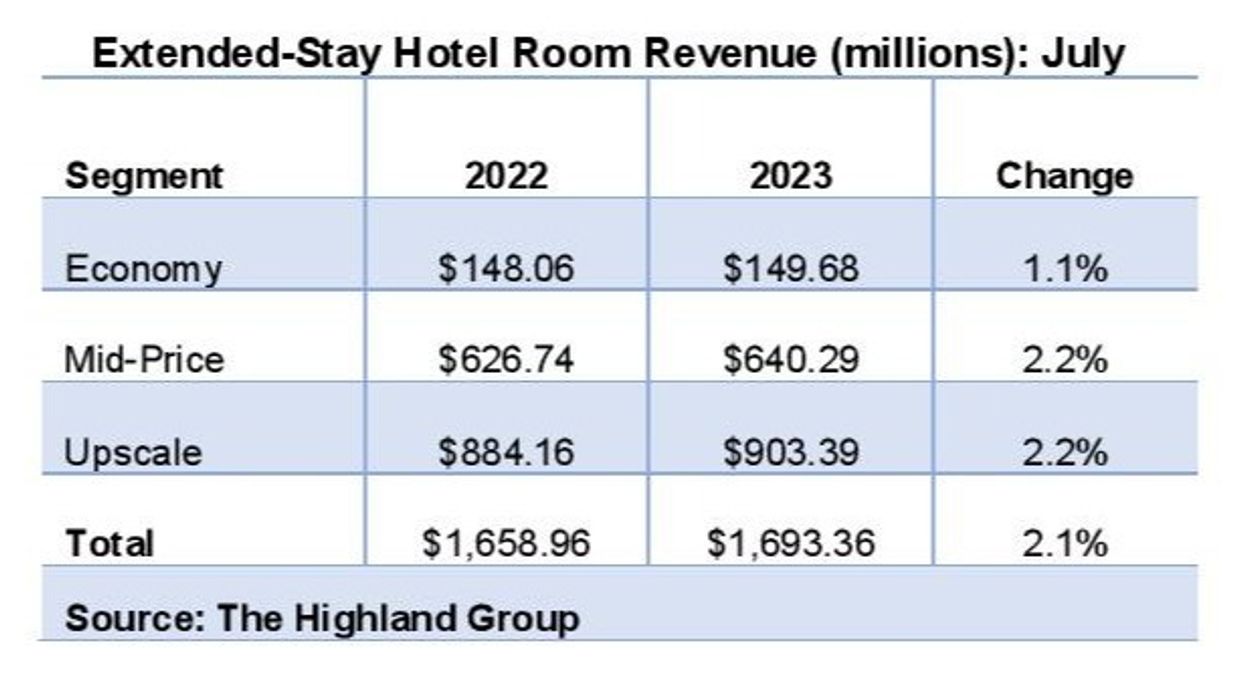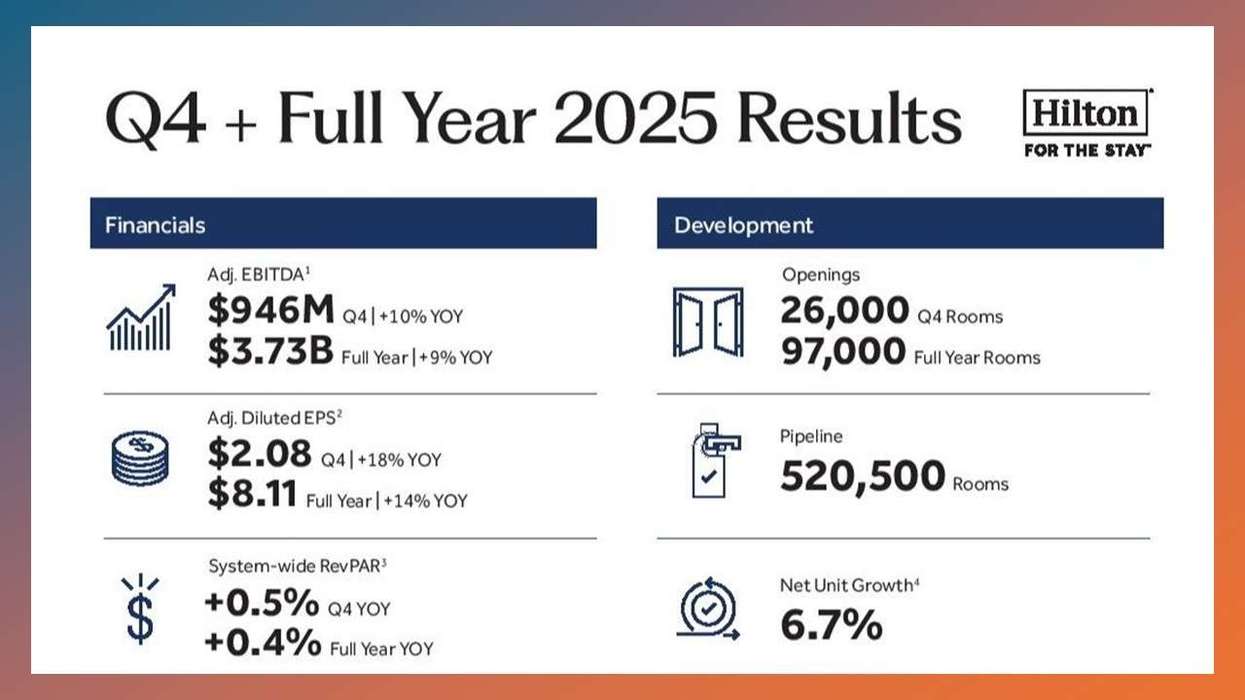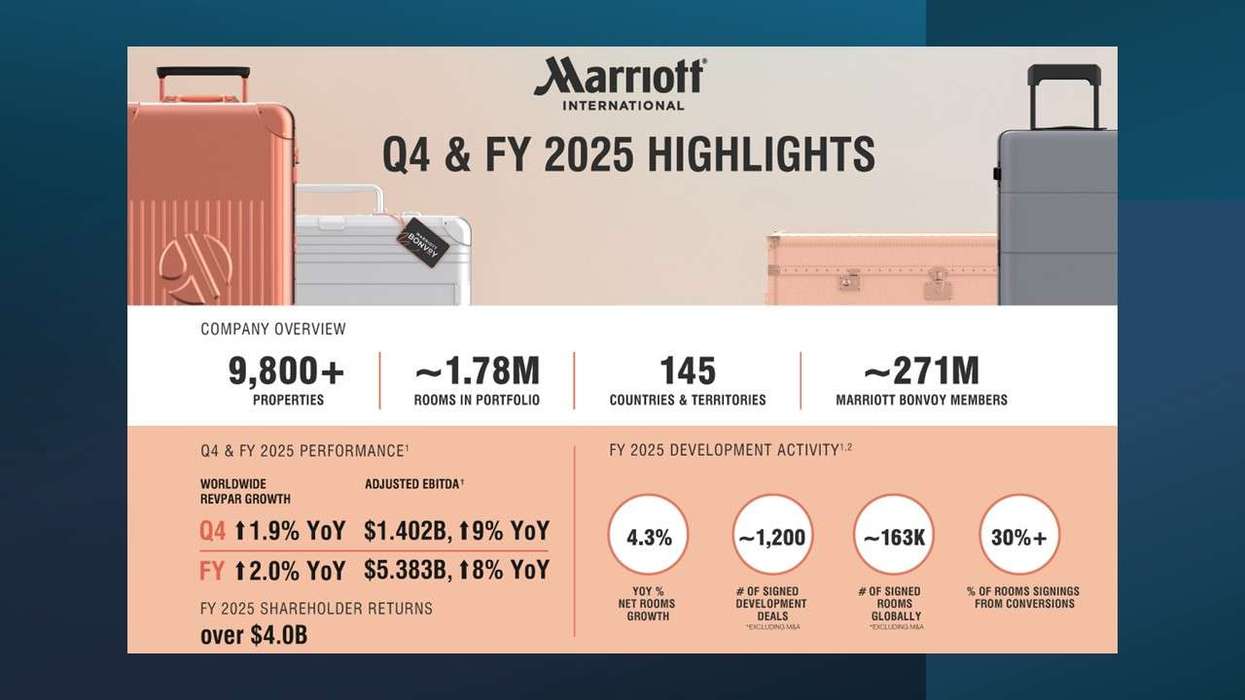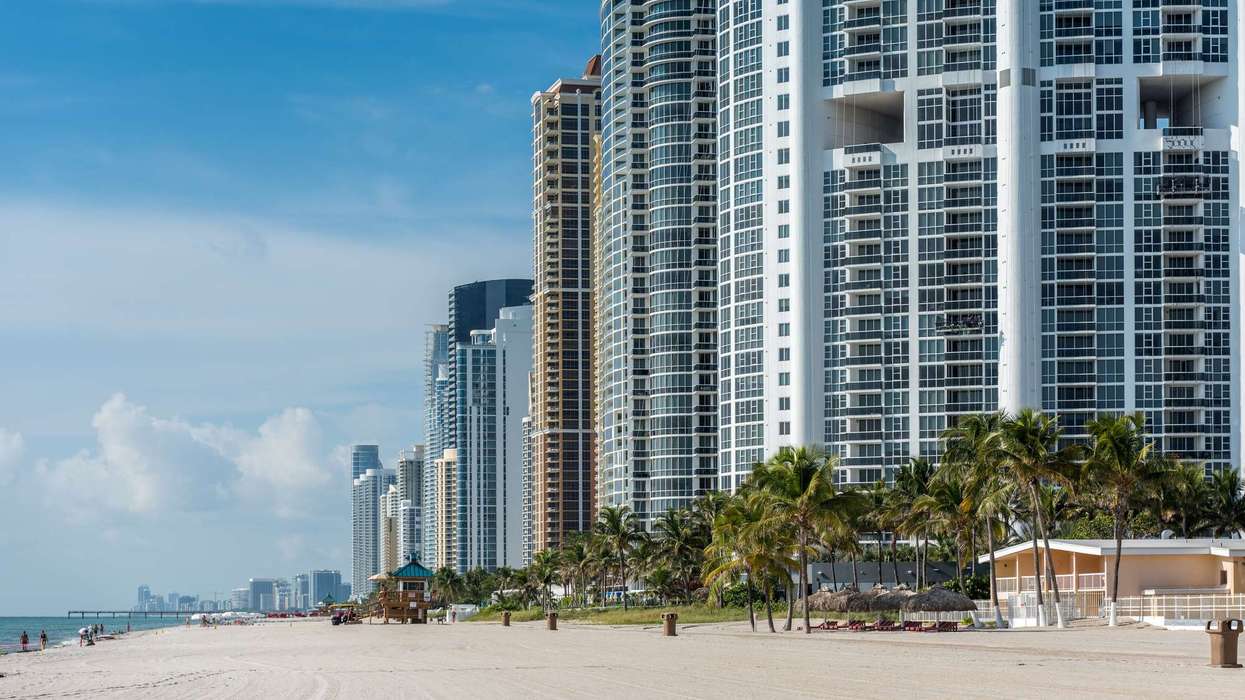EXTENDED-STAY HOTELS experienced limited growth in July, reflecting the summer travel season's tendency to favor the overall hotel industry more than extended-stay establishments, according to The Highland Group. Total hotels reported a smaller decrease in occupancy and a slightly higher increase in ADR compared to all extended-stay hotels in July 2022.
According to Highland, Extended-stay hotels performed similarly to the preceding three months in July. The economy segment reported a decrease in RevPAR, while upscale extended-stay hotels saw the strongest RevPAR increase. However, ADR growth across extended-stay segments has noticeably narrowed over the last three months. For the second consecutive month, the economy segment achieved faster ADR gains compared to mid-price extended-stay hotels.
"Extended-stay hotels' 9.2 percentage-point occupancy premium above the overall hotel industry is slightly below the long-term annual average range but typical for the summer travel season," said Mark Skinner, partner at The Highland Group.
Decline in room supply
The 1.7 percent net rise in extended-stay room supply for July aligns with the 12-month average. July marked the twenty-second consecutive month of supply growth at 4 percent or lower, a rate significantly below the long-term average. The economy segment achieved its most substantial monthly supply increase in over two years, primarily driven by conversions.
Highland noted that supply change comparisons, particularly in the upscale segment, have been influenced by factors such as re-branding, room reclassification within its database, the removal of hotels no longer meeting brand standards and the sale of certain properties to multi-family apartment companies and municipalities.
The report further indicated that this trend might persist in 2023, as substantial portfolios of typically older extended-stay hotels have recently become available in the market. The overall annual increase in total extended-stay supply compared to 2022 will continue to significantly lag behind the long-term average, according to the report.
Minimal monthly revenue increase
The total revenue growth for extended-stay hotels in July marked the smallest monthly increase in over two years, just below STR's reported 2.2 percent gain for all hotels during the same period.
Similar to June, both the mid-price and upscale segments experienced rising demand in July. Conversely, the economy segment recorded its sixteenth consecutive monthly decline in demand. However, this decline was the smallest observed during this period and notably less severe than the 4.1 percent decrease reported by STR for all economy hotels.
Occupancy, ADR, RevPAR trends
Extended-stay hotel occupancy outperformed the overall hotel industry by 9.2 percentage points in July, a typical premium for the summer season, Highland said. The variance in occupancy between different extended-stay hotel segments can be attributed to the summer travel season, which typically boosts occupancy rates at higher-priced extended-stay hotels.
The upscale segment maintained its lead in monthly ADR gains for extended-stay hotels in July, marking the eleventh consecutive month. This continues a trend of 21 consecutive months where total extended-stay ADR exceeded its nominal value in 2019. The ADR growth in July, slightly below the 1.8 percent gain reported by STR for the overall hotel industry, aligned with the rates of increase observed from late 2018 through 2019.
Since June 2022, the upscale segment consistently achieved the highest RevPAR gains each month. The mid-price extended-stay hotels exhibited RevPAR growth that matched the corresponding category across all hotels. However, due to a relatively significant decline in occupancy, the economy segment experienced a 4 percent decrease in RevPAR, which was larger than the 3.3 percent contraction reported by STR for all economy segment hotels.
In June, extended-stay hotels followed the trend seen in April and May. The economy segment experienced a decrease in RevPAR, while upscale extended-stay hotels achieved significant growth. The segment closed the first half of 2023 with mixed results, as occupancy hit a 13-year low, but ADR and RevPAR outpaced the overall hotel industry's growth.






